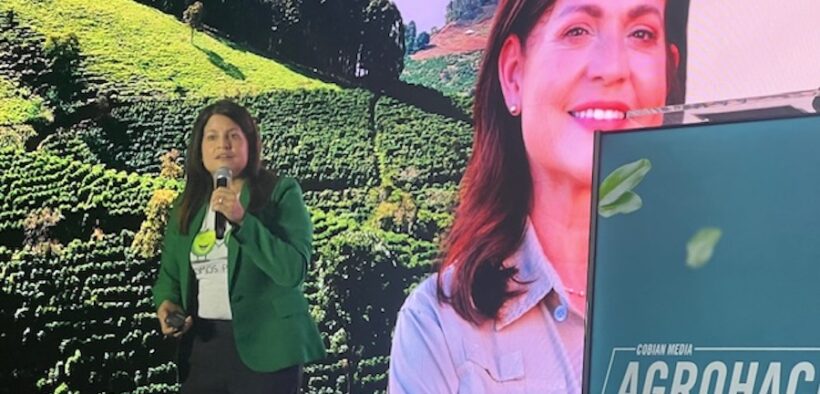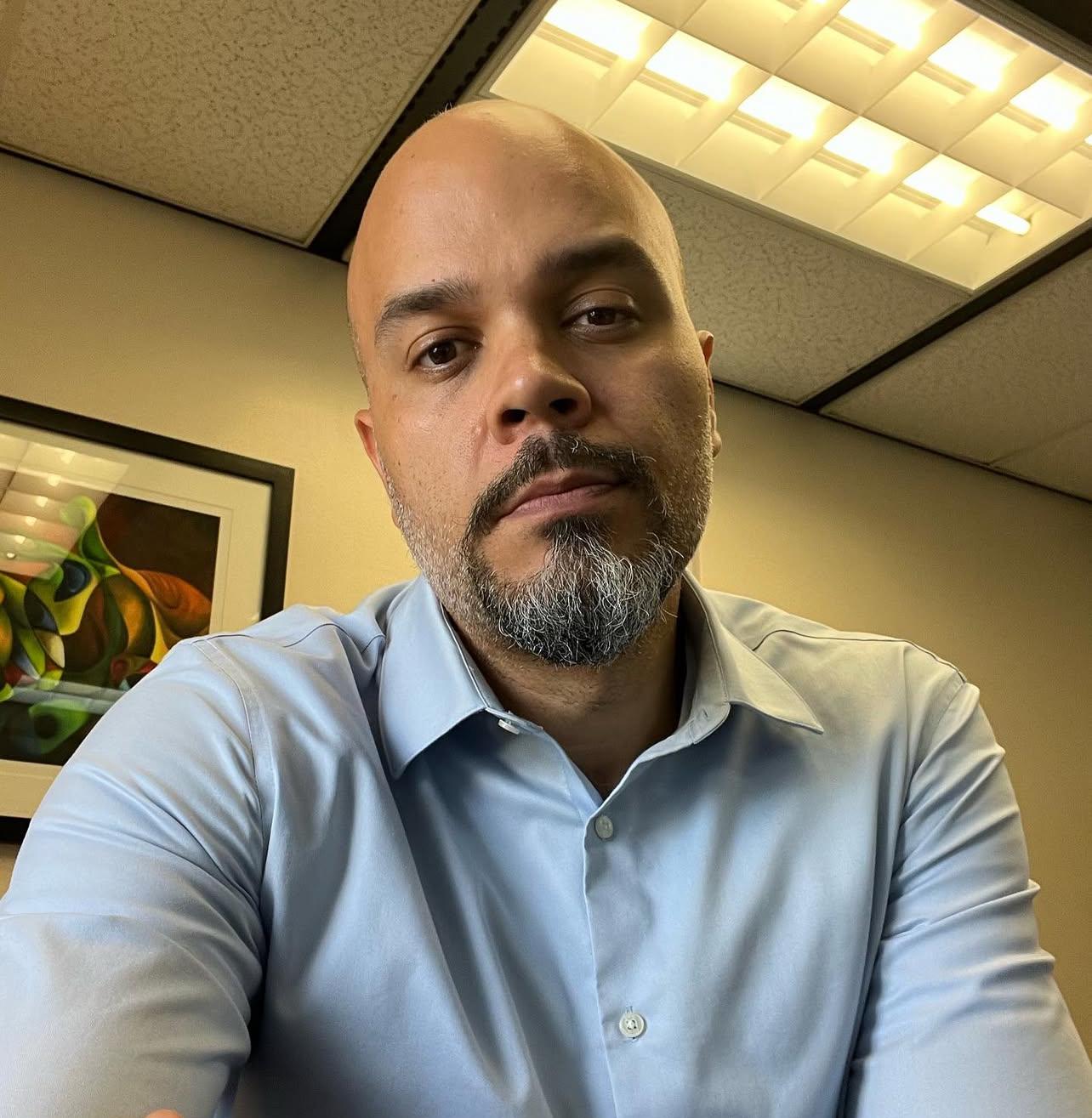Certification labels gain ground in marketing of agricultural products

Industry leaders at Agrohack 2025 discuss how Puerto Rico food producers can access the stateside market.
Despite their comparatively minor prominence in a product’s packaging or marketing, certification labels such as USDA Organic, Non-GMO Project Verified and Certified Vegan are increasingly becoming key purchasing criteria for big chain stores and discerning customers alike.
For Puerto Rico farmers and agribusinesses, meeting all the requirements and earning a certificate seal also represents a major step toward scaling up to supply big-box retailers or even exposing the product to the broader stateside market, several industry leaders remarked during the Agrohack Conference & Expo event held in San Juan last week.
Which certifications are worth pursuing varies depending on the product. Factors such as the specific segment the product targets and even the type of store that would sell it also play a role.
“It will depend on who we want to sell to,” said Isamarie Sandoval, chief operating officer of Supermercados Econo. “You won’t necessarily need the same number of certifications to sell in a supermarket versus a multinational company or a cruise ship line.”
Econo employs an in-house agronomist, who evaluates local farms for key certifications such as those from the Puerto Rico Department of Agriculture for good crop practices. “The agronomist can certify that your operation is ready to sell to Econo, and you may not need 12 certifications to be able to sell within our 62 stores,” Sandoval explained.
The auditing process required to earn many such certificates is highly complex, oftentimes requiring the use of third-party auditors, said Jorge Ramírez, an agronomist and founder of Agronegocios, a consulting firm with clients such as Walmart and Sam’s Club.
“There are about 14 different certifications for leaf vegetables alone, while dairy products go through completely different certification procedures,” Ramírez said.
Other certifications pose their own challenges. “The USDA Organic certification is among the most important and less expensive to obtain, but it’s also among those that take the longest to get,” the agronomist added, noting the difficulty of bringing USDA auditors to Puerto Rico.
Doing things ‘by the book’ pays off
Marisol Villalobos, co-founder and CEO of Amasar, also spoke to the complexities involved in obtaining an organic certification, despite running an organic and phosphate-free farm “since day one.”
However, Amasar — which is based in Jayuya and produces value-added products from breadfruit, such as flour and pancake mix — has earned a host of other certifications that have helped the brand expand from Puerto Rico and tap directly into the stateside health food market.
“We were certified non-GMO, as well as the first manufacturer in Puerto Rico to become certified gluten-free,” said Villalobos during her presentation at Agrohack. “Since early on and during industry events, I would go to the certification kiosks and focus on what the health-food segment is looking for.”
That research led Amasar to apply for and eventually win a sofi Award — presented by the Specialty Food Association and considered one of the most prestigious recognitions in the food industry — in the New Product category in 2022, the first Puerto Rican brand to do so.
This, in turn, allowed Amasar to exhibit earlier this year at the Natural Products Expo West, billed as the U.S.’s leading natural, organic and healthy products event. It was also the first time a Puerto Rican company earned this opportunity.
“Participation at the event is by invitation only,” Villalobos said. “We first had to prove that our product is healthy, organic — what is called ‘clean label.’ The exposure has opened a lot of doors in the U.S. market, and we’re very excited for what the future holds.”












